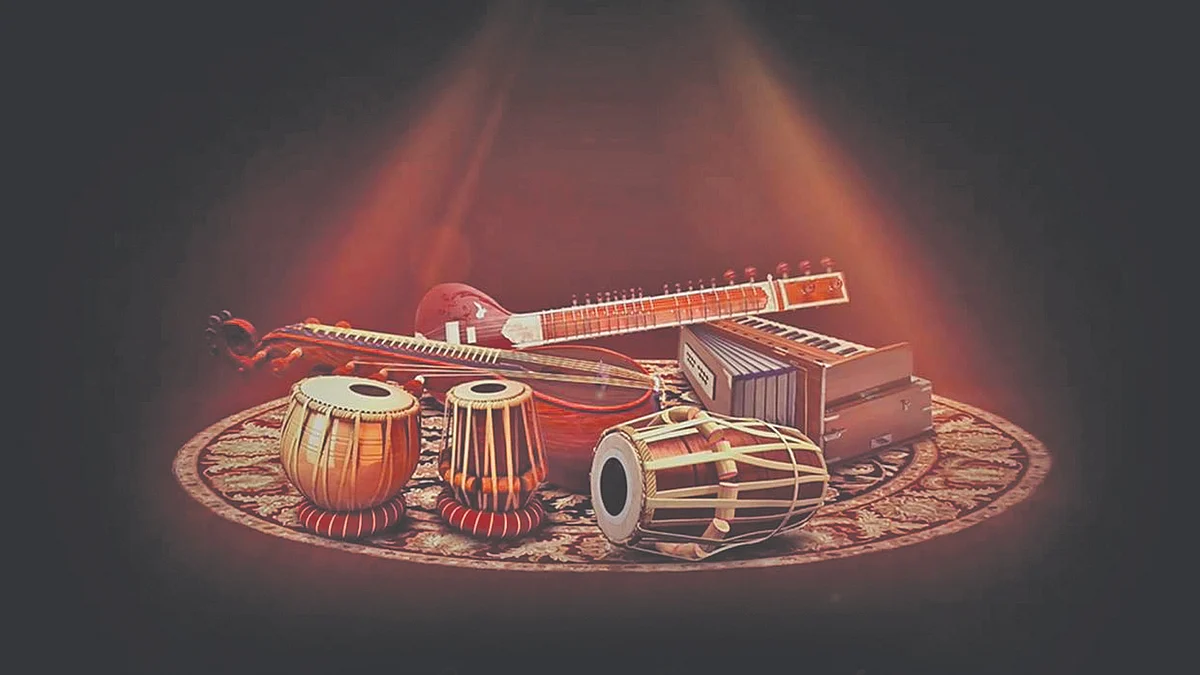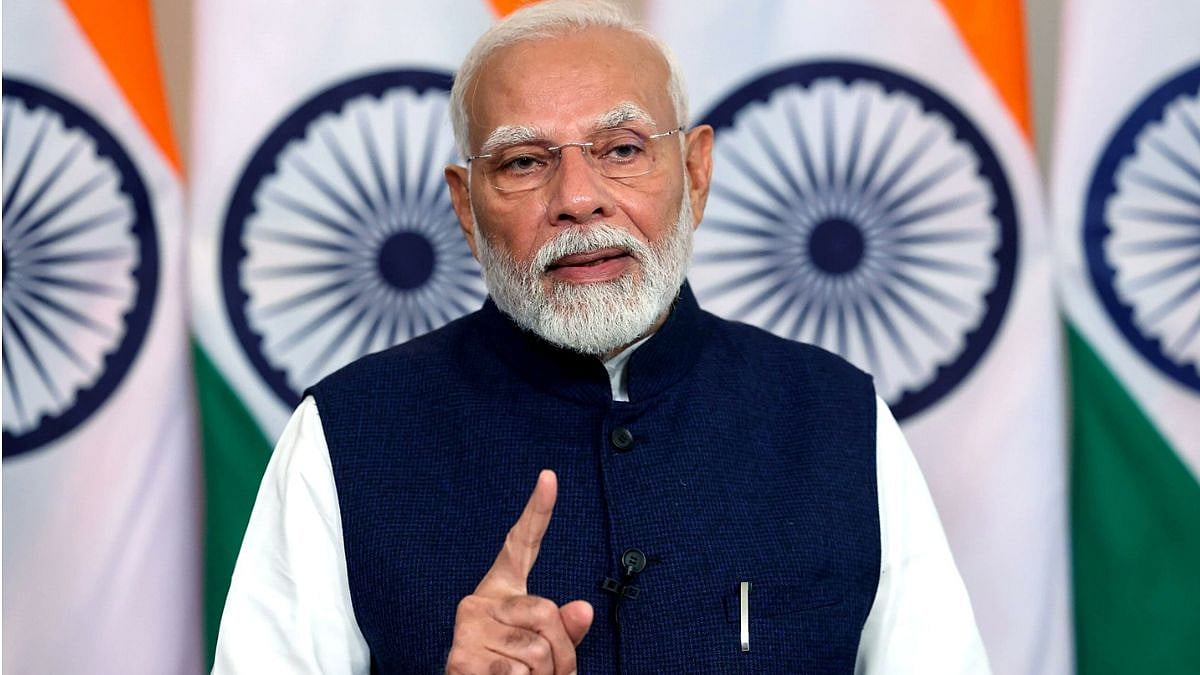The unanimous judgment of the seven-judge Bench of the Supreme Court on March 5 setting aside the unfortunate verdict of 1998 in the JMM bribery case is welcome and long overdue. The 1998 judgment of the court was severely flawed. The court misinterpreted Articles 105 (2) and 194 (2) and declared that legislators enjoy immunity from prosecution for bribe taking in respect of a vote or speech in Parliament or state legislature. In effect, the 1998 judgment gave legislators absolute immunity from any legal consequences for bribery to influence their speech or vote in the House. The court has now rightly overturned this outrageous interpretation of immunity for those in elective office.
All elected representatives and appointed officials of state are public servants, and the claim of absolute immunity for their actions in public office is unacceptable. Donald Trump is now claiming such absolute immunity for all his actions committed while serving as President. The US Supreme Court will hear the case in the coming weeks. The verdict in the Trump case is a foregone conclusion; the President is not a divine monarch, and cannot enjoy absolute immunity forever.
It does not mean that public officials and legislators should have no immunity at all, and should be subjected to civil and criminal liability for legitimate acts while discharging their duties. Public servants need immunity to serve effectively. Such immunity applies to legislators in respect of freedom of speech in the House, or a question asked, or a vote given. But if they accept a bribe to vote in a certain manner, or to speak or raise a question in the House, the act of accepting a bribe cannot be immune from legal consequences. Taking a bribe is not an official function of the public servant, and is a crime no matter in what capacity the bribe taker serves. For certain functionaries, like the Head of State, there may be immunity from prosecution while they are in office, but it will not extend after demitting office.
Legal liability applies not only to bribery, but to other illegal acts as well. For instance, Trump is accused of inciting the Jan 6, 2021 riot and attack on the Capitol with an intention to obstruct the US Congress from certifying Joe Biden’s election as President. It was a brazen act of incitement of an offence to overthrow the constitutional order, and there can be no immunity against prosecution.
However, there are certain actions in official capacity that should be immune from future prosecution. For instance, the US presidents on occasion order the killing of terrorists waging war against their country. There is an established procedure to keep the Congressional leadership informed of such cases. Similarly, a prime minister in India may have to sanction operations to target specific individuals to eliminate a terrorist threat. Such an authorisation is an official act in furtherance of the prime minister’s oath of office, and should enjoy absolute immunity from future criminal proceedings.
The Supreme Court’s decision does not in any way weaken the authority of public functionaries and legislators; it only ensures accountability for corruption and abuse of power. Prosecution applies for the act of bribe-taking, irrespective of how the legislator voted subsequently.
There is only one sad feature in this saga — judicial tardiness. That it took 25 years to overturn a blatantly wrong judgment on such a vital issue of probity in public life and accountability does not reflect well on the judicial system. By a coincidence, this case arose as the immunity from prosecution was claimed by Sita Soren, the daughter-in-law of Shibu Soren (the prime accused in the JMM Bribery case). Sita Soren, as a MLA, was accused of taking a bribe to vote for an independent candidate in an election for Rajya Sabha in Jharkhand Assembly in 2012. She finally voted for her party’s nominee; but that is irrelevant for prosecution, provided bribe-taking was established. The Jharkhand High Court rightly declined to quash criminal proceedings against Sita Soren, and she approached the Supreme Court in 2012.
It took 11 years for such a straightforward, vital case to be decided by the Supreme Court! The case moved at a glacial pace from a two-judge Bench (2012), to a three-judge Bench (2014) and finally to a larger Bench (2019), culminating in the verdict now in 2024. For the apex constitutional court, this abnormal delay should be cause for introspection and course correction. A case like this should have been decided in a few weeks. And such cases should be of highest priority given the constitutional implications. Perhaps the time has come to constitute a Permanent Constitutional Bench of the Supreme Court to expeditiously and judiciously deal with such important matters.
The author is the founder of Lok Satta movement and Foundation for Democratic Reforms. Email: drjploksatta@gmail.com / Twitter@jp_loksatta










